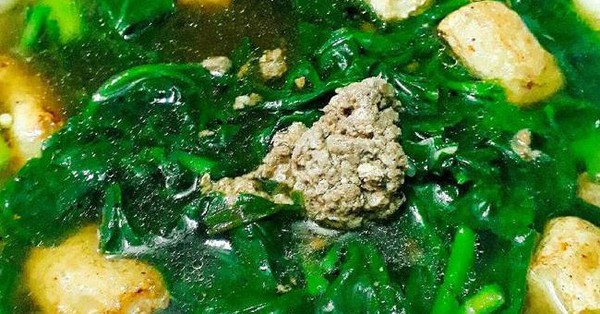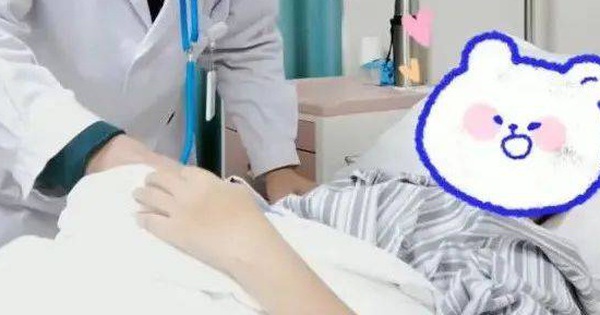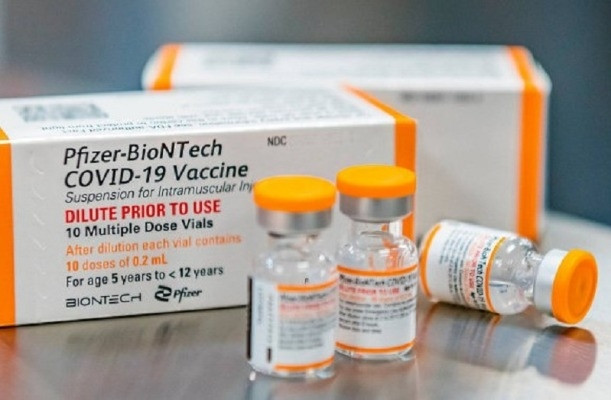What to do when your child has a cold?
Parents take medicine advised by doctors, use nasal drops, nasal sprays containing safe salt to help children reduce fatigue and irritability.
When children have a cold, they often have a stuffy nose, increased mucus in the nose, cough, and low-grade fever. Every child has different symptoms, however, parents can note some early warning symptoms of a cold, such as fatigue and sleep, and decreased appetite. Along with that, some other symptoms may appear such as sneezing, red eyes, watery eyes, sore throat, low-grade fever.
Most cold symptoms are relatively mild and go away on their own within 1-2 weeks. However, there are a few complications parents need to be aware of, such as ear infections (the baby cries a lot, pulling the ears), bronchiolitis (infection of the bronchioles in the lungs, making it difficult to breathe).
How to treat at home
According to the American Academy of Pediatrics, over-the-counter cold and flu medicines should not be given to children under 6 years of age. Some of the safest treatments for infants and young children are based on their symptoms.
Fever or pain
For fever, headache or other aches and pains, the safest options for babies over 3 months are acetaminophen, ibuprofen for babies over 6 months. Children under 3 months can also use these medicines but must consult a doctor. In particular, children should not take aspirin due to the risk of reye’s syndrome, a rare but serious disease affecting the liver and brain.

Signs of colds and flu with Covid-19 have many similarities, parents should test their children when they have mild symptoms. Photo: Raisingchildren
Stuffy nose
Symptoms of nasal congestion can be treated regardless of the age of the child. Parents can use saline nasal drops and sprays that are safe for all ages, including babies. For children over 12, decongestants that help relieve pain include pseudoephedrine, phenylephrine (in many oral cold and flu medicines).
If parents don’t want to use a nasal spray, a suction cup is a safe and effective option for babies (especially under 6 months of age). Parents can also place a cold-mist humidifier in their child’s room to help unclog congestion.
Cough
In most cases of cold or flu, coughing is considered a good thing. Cough produces mucus to help protect the lungs from pneumonia, parents do not need to suppress the cough of children. However, there are some safe ways to relieve a cough if a parent needs it. Can use 1-2 teaspoons of honey to treat cough for children over 1 year old, babies absolutely do not drink honey due to the high risk of poisoning. Children over 6 years old can use hard candy lozenges to treat coughs.
Young children usually get 8-10 colds a year, however, this disease does not pose a serious danger to their health. Parents should give their children rest, drink plenty of water and do light exercise to help them recover quickly.
Children with a common cold will usually have a low-grade fever, not including body aches, chills or extreme fatigue like the flu. Symptoms of Covid-19 are quite similar to the flu, but sometimes cause mild cold-like symptoms. Therefore, when there are signs, parents should give their children a quick test for timely treatment.
Quynh Anh (According to Verywellfamily)
at Blogtuan.info – Source: vnexpress.net – Read the original article here



